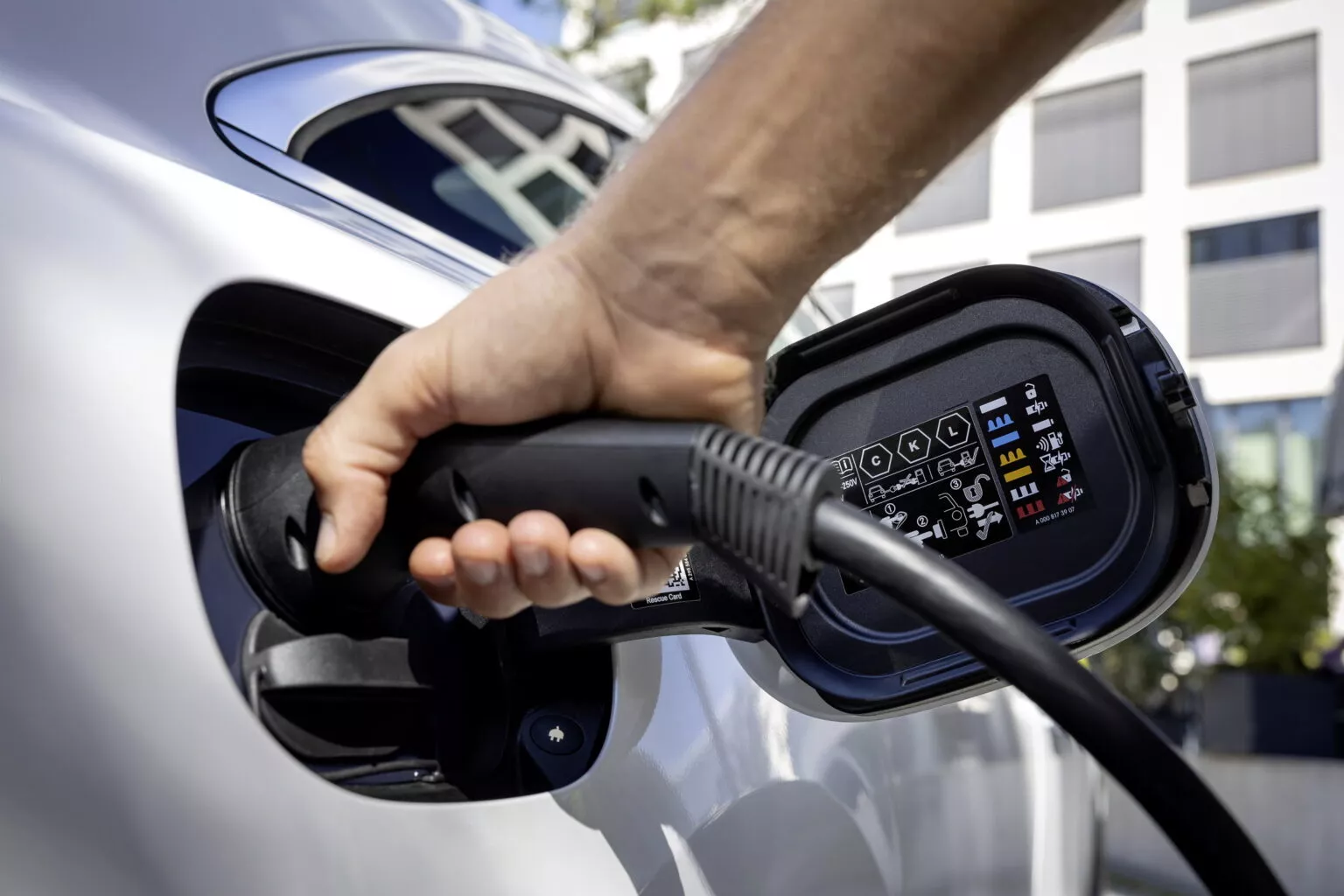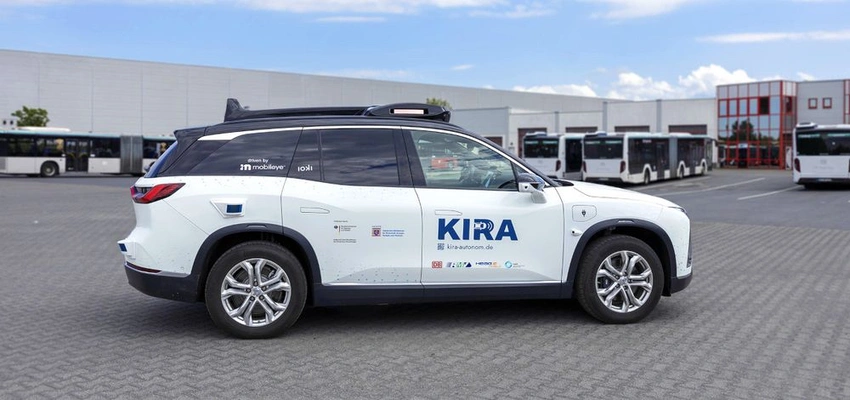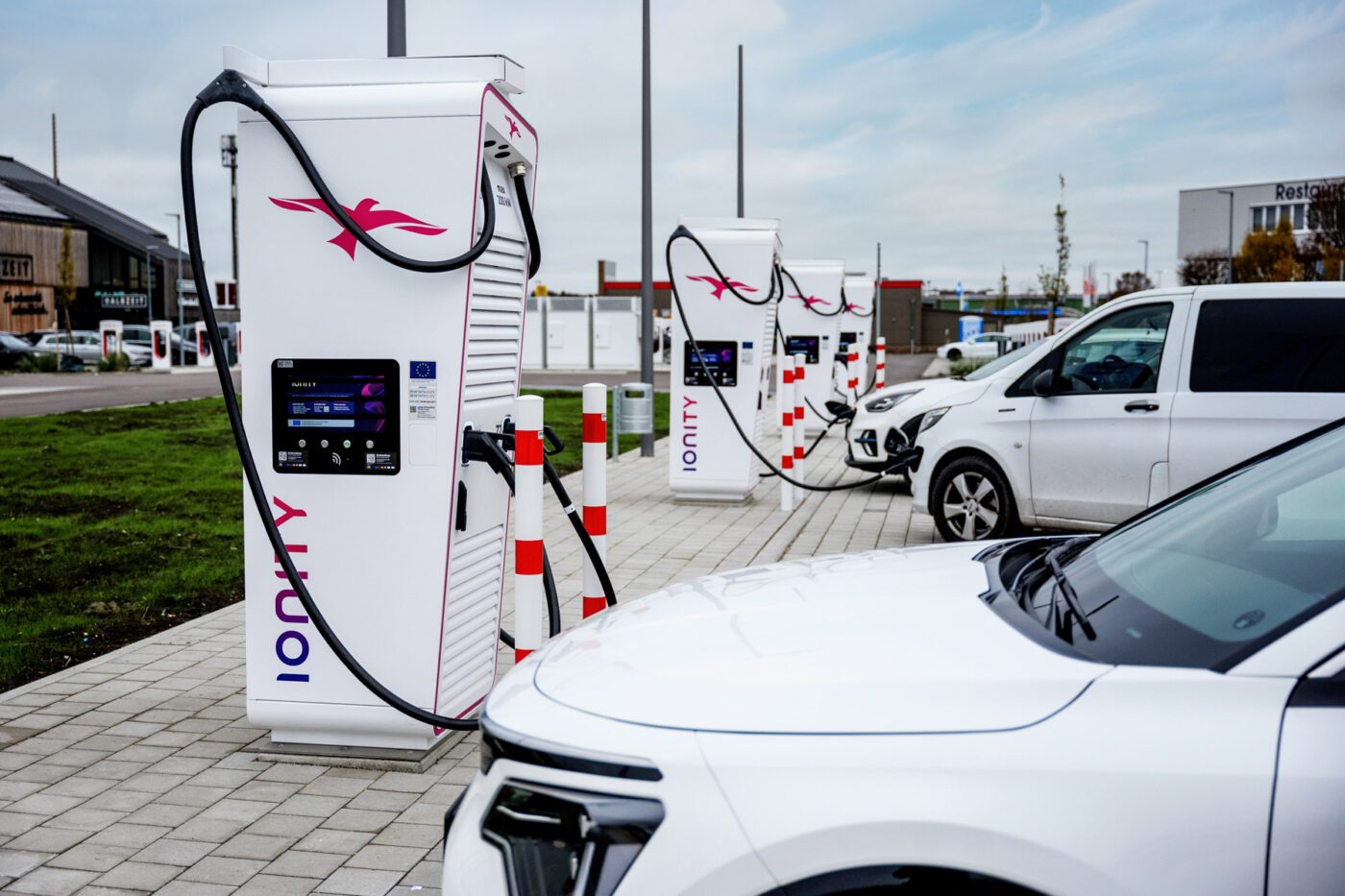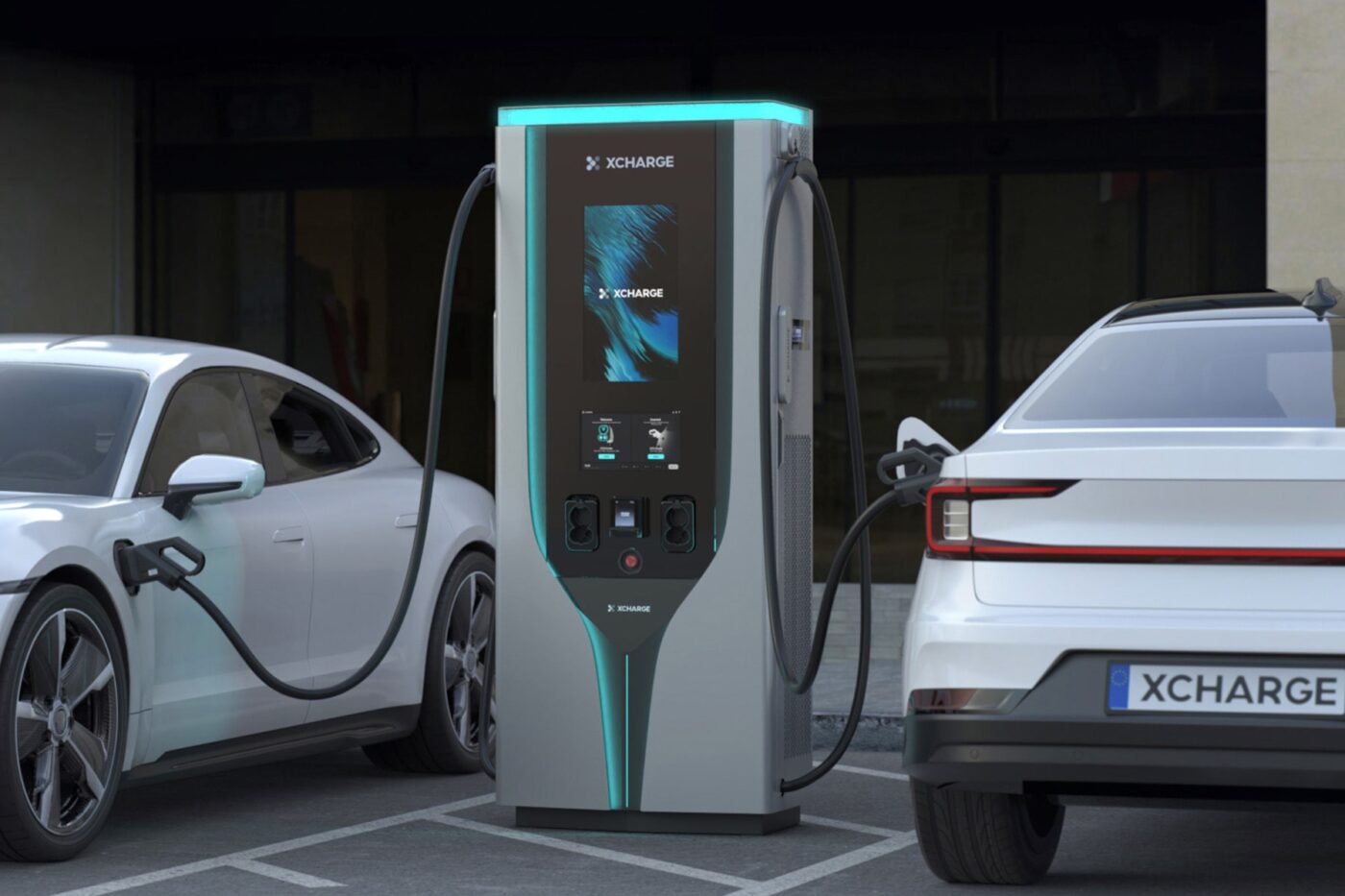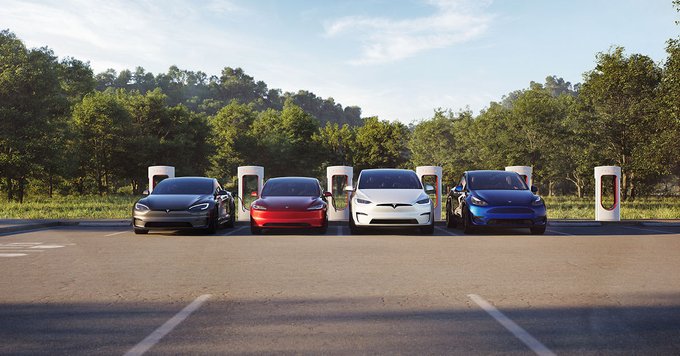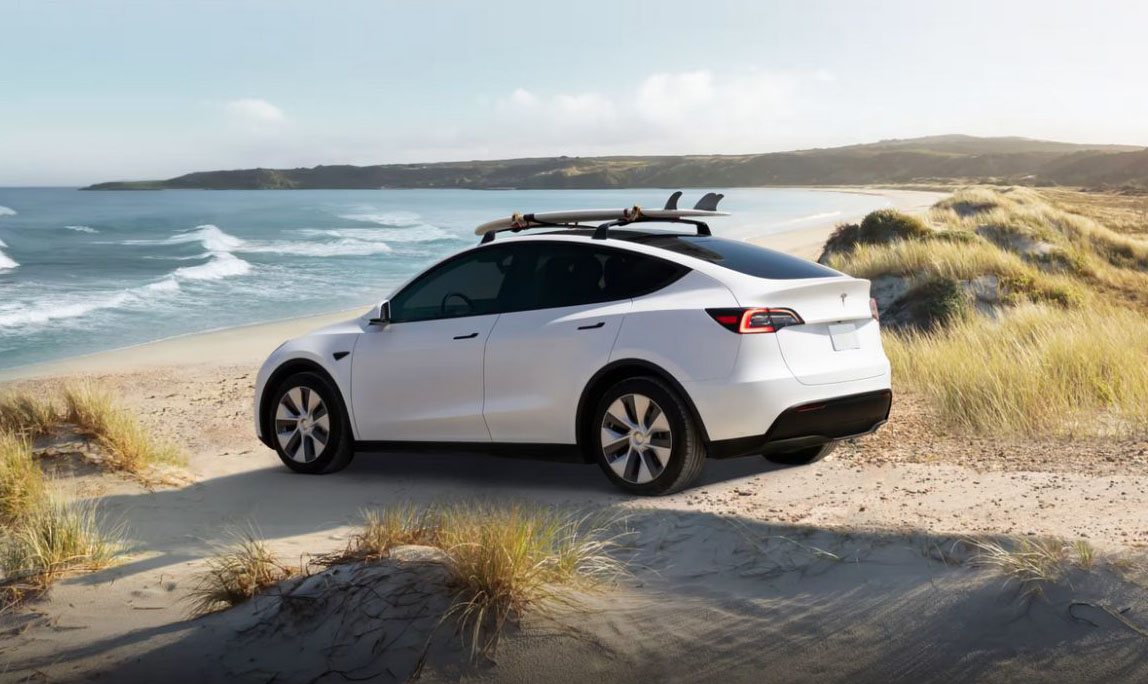Connecticut has become the second U.S. state to withdraw from California’s electric vehicle mandate program, citing concerns over the feasibility of meeting stringent future emissions targets. The mandate, which would have required all new cars to be zero-emission or plug-in hybrids by 2035, has faced opposition amid recent federal regulatory changes.
House Speaker Matt Ritter of Hartford explained the rationale behind Connecticut’s decision, stating, “For people that were sceptical that we could meet the harder standard, and then you have the president and the White House saying they cannot meet the lower standard, you can imagine how that caucus would have gone.” This decision underscores skepticism over achieving stricter emission goals amidst evolving federal policies.
The California Air Resources Board (CARB) initially adopted the Advanced Clean Cars I regulation in 2021, which was later endorsed by several states including Virginia and Washington. In 2022, CARB implemented the stricter Advanced Clean Cars II, scheduled to take effect in January 2025, aiming to phase out new combustion engine car sales by 2035.
However, recent actions by the U.S. Environmental Protection Agency (EPA) to relax emission targets for new cars from model years 2027 to 2032 have influenced state decisions. Connecticut’s withdrawal follows a similar move by Virginia, where Governor Glenn Youngkin criticized mandates from “unelected leaders” at CARB, emphasizing local autonomy over vehicle regulations.

